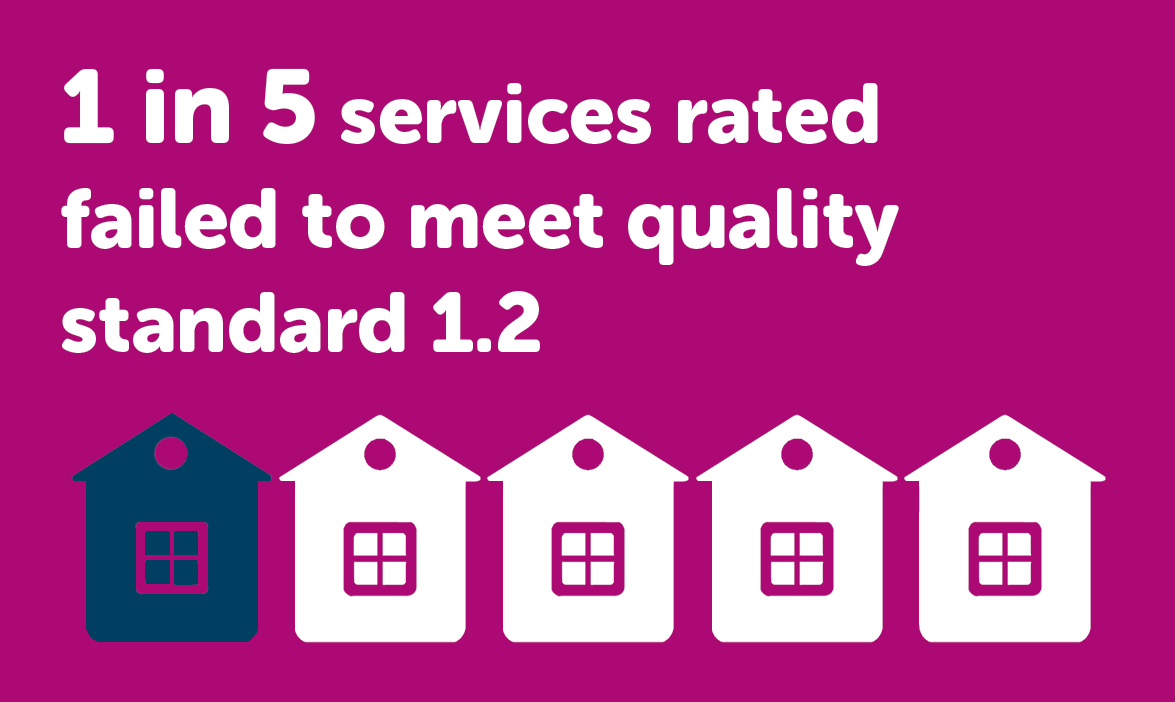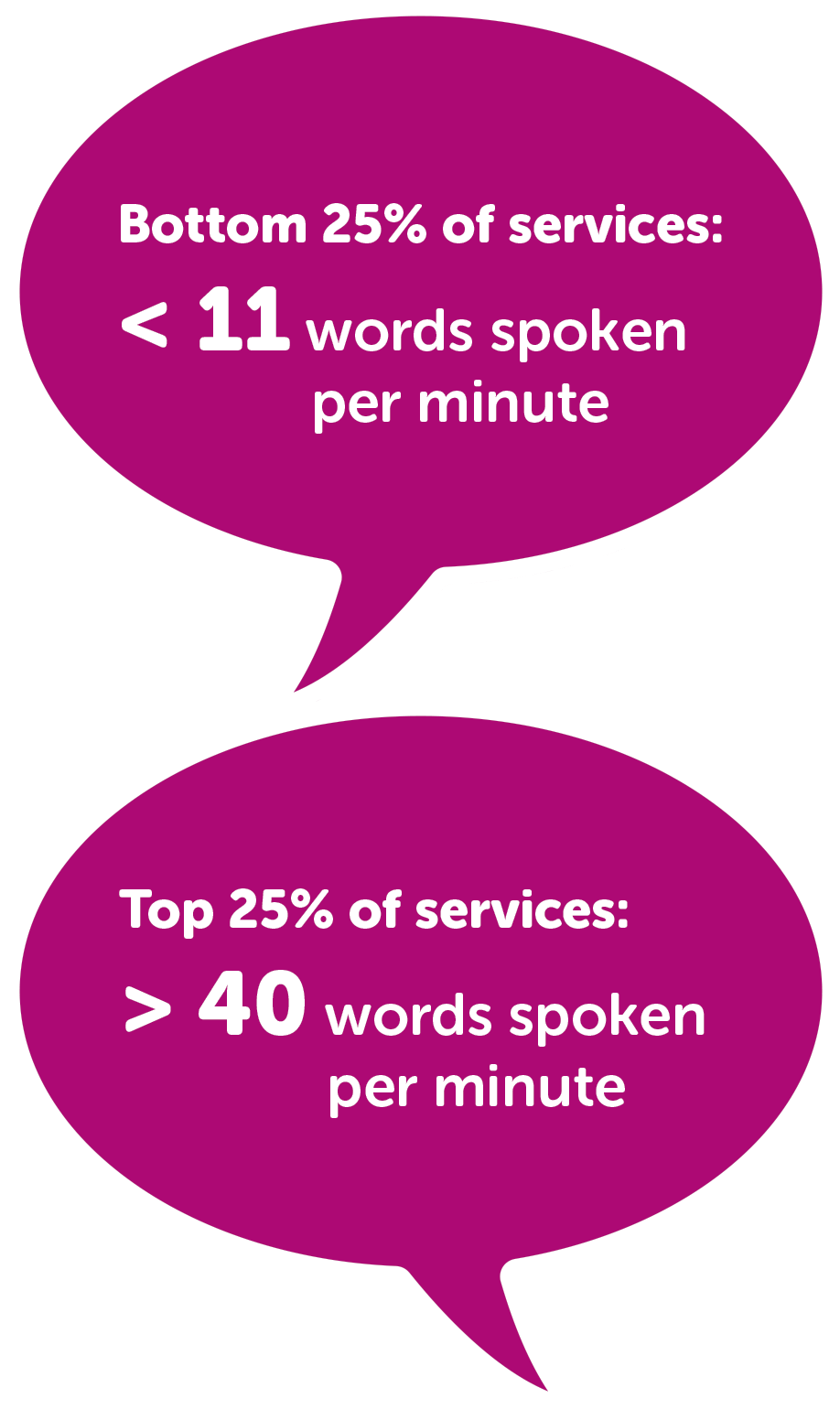Quality is key in early childhood education in Australia

Quality is key in early childhood education in Australia, but many early learning services aren’t meeting the standards required to have an impact.
Following on from Quality Early Education for all, Quality is Key in Early Childhood Education looks at how Australia is tracking for process quality. This is the area that grows children’s early literacy, language development, reasoning and problem solving skills. Arguably the most important of the quality areas, process quality focuses on the interactions between staff and children, and teacher-directed learning activities. This paper finds that disadvantaged children are more likely to miss out on high quality ECEC. It also finds that quality varies more for younger children.
Disadvantaged children are less likely to access high quality early childhood education
Early education benefits all children, especially those who experience disadvantage. We know that early education produces the greatest return when it’s of high quality, but many early childhood services in Australia are not meeting standards. Children from lower socioeconomic backgrounds – the children who have the most to gain – are less likely to access high quality services than children from higher socio-economic families. In the most disadvantaged areas, services were 10 per cent less likely to meet the key quality benchmark than more advantaged areas.

Infographic text alternative
One in five services rated failed to meet quality standard 1.2.
The National Quality Framework has provided a good structure for increasing the structural quality of early education in Australia. The focus now needs to shift to process quality. This is the areas that grows children’s early literacy, language development, reasoning and problem solving skills. It includes the quality and consistency of interactions between educators and children.
Quality early education is more variable when children are younger
There is a large gap in the level of quality (instructional support and emotional support) experienced by children from low and high socioeconomic families when they are aged 3-4 years. This gap evens out as children get older, and the gap between high and low socioeconomic families also reduces. The National Quality Framework ensures programs for 4 year olds are delivered by a teacher with a bachelor degree. This is likely to explain the increase in quality as children get older.
Children in the bottom 25 per cent of services have been found to speak fewer than 11 words per minute. In contrast, children in the top 25 per cent of services speak over 40 words per minute. Language development is an essential component of quality early learning, yet many children are missing out.

Infographic text alternative
Bottom 25% of services: fewer than 11 words spoken per minute.
Top 25% of services: more than 40 words spoken per minute.
What really matters in quality early education?
The introduction of the National Quality Framework in 2012 has led to improvements in many quality areas. The focus has however been on the foundations of quality. It’s now time to shift the focus to process quality. Early childhood education has the most impact when interactions between educators and children are consistent and of high quality.
“Process quality is the direct interactional experience of children in ECEC – the daily back-and-forth exchanges they have with educators, and their participation in learning activities.” – Mathers et al 2012, Howes 2008
What are the challenges of addressing process quality in early education?
There are already early childhood services in Australia with excellent process quality. Raising quality across the system however comes with several challenges:
- The complexities of a mixed market
- Current funding mechanisms are not aligned to need and opportunity for impact
- Low wages and difficult working conditions
- Coordinating pre-service education and training programs
Where to next?
Unlike the school sector, Australia has not invested in ongoing professional support and development of the early childhood workforce. A number of changes could be made to build educator capability and lift quality across the system:
- Review of pre-service qualifications
- Establish pathways to grow pedagogical leaders, mentors and professional networks in the ECEC sector
- Design and implement models of support for educators
- Use data to understand and track children’s development and progress, and design appropriate, personalised learning opportunities
This report was co-authored by Dan Cloney, Research Fellow, Australian Council for Educational Research. Dan's contribution to this report is based on his work on the E4Kids study in his former role as Research Fellow at the University of Melbourne.



